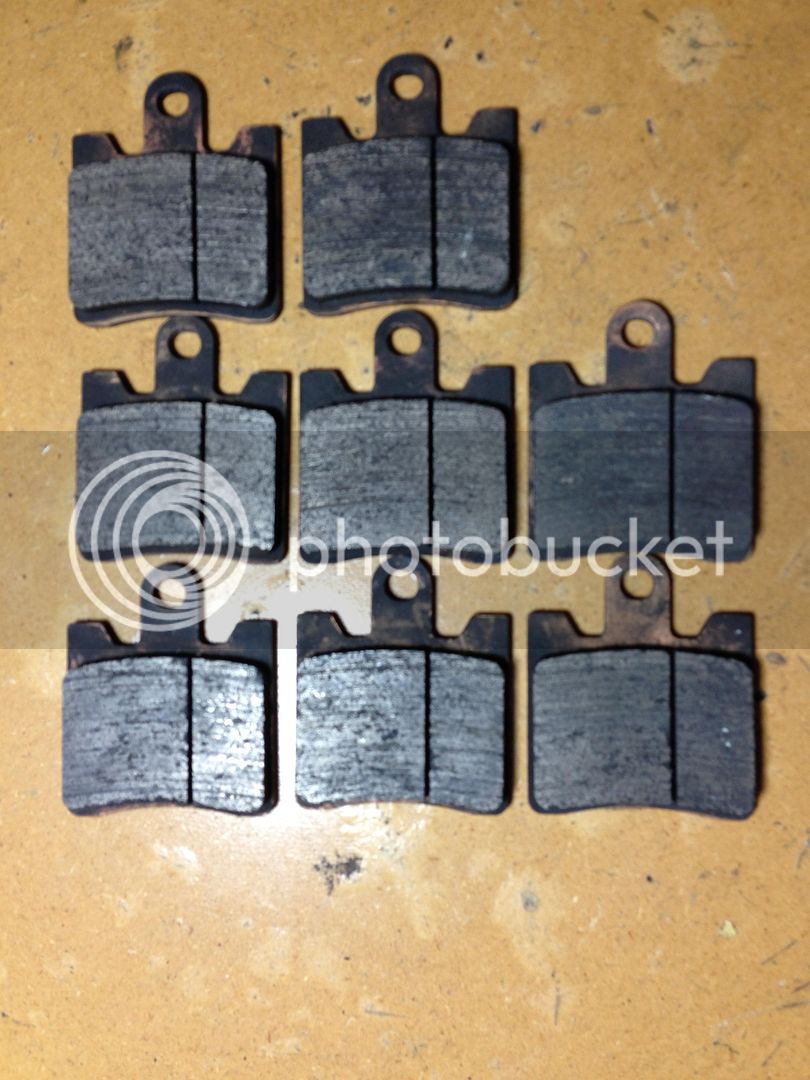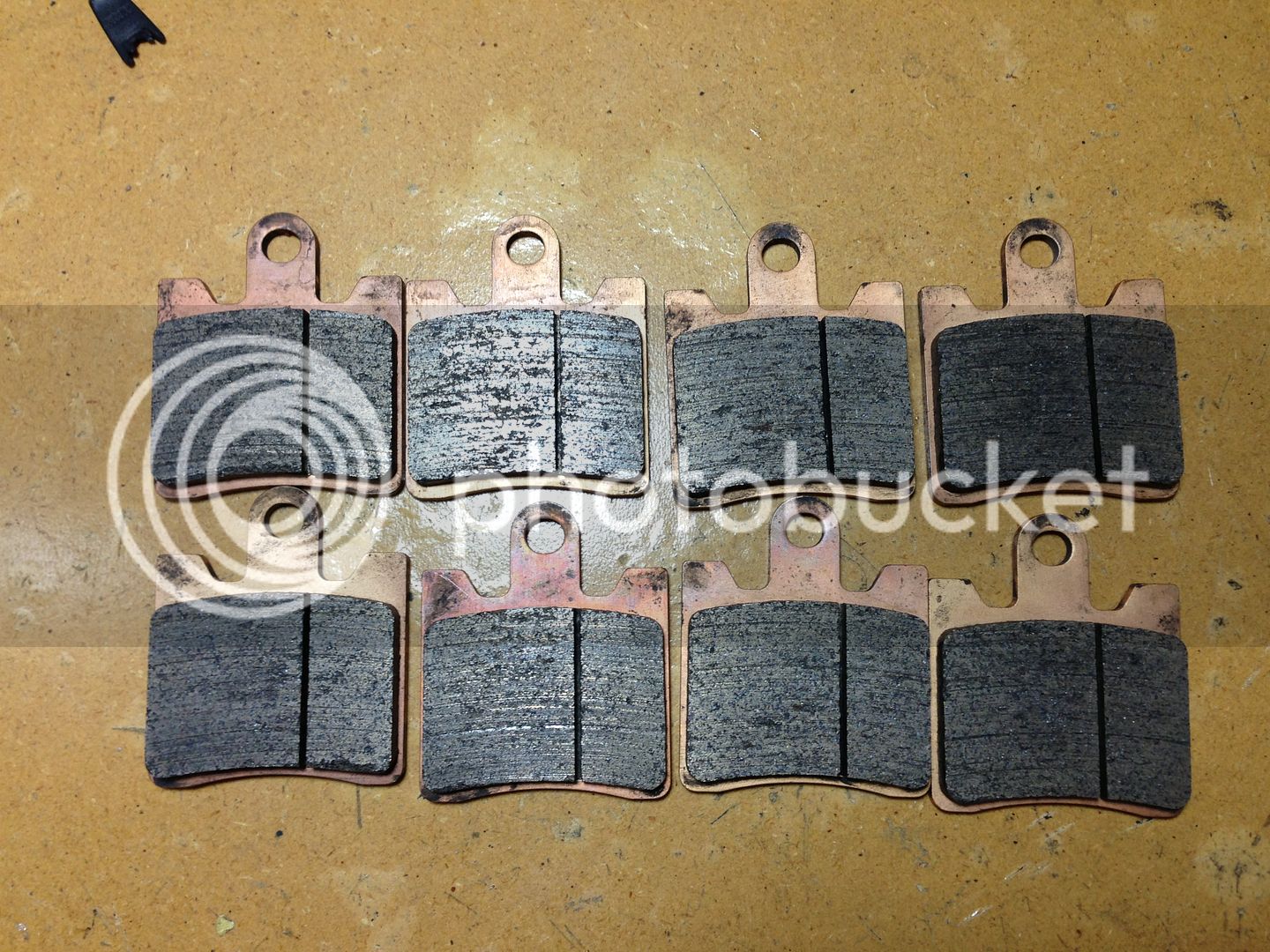JamesK,I do not recommend trying to grind away some pad material, trying to find a limit in the contamination. It's about impossible to do that job accurately enough. You will end up with pads that are always partly in contact with the disk, and your brakes will always be running hot.
Let me say it again: when it comes to brakes, the risks involved far outweigh the rewards of saving a few coins.
These are your opinions, and clearly you are entitled to them, but I do not see anything factual in your post to back up your dire claims of doom and general hand waving. Yes, brakes are important. There is no doubt about that. They do require regular attention to perevent unwarranted surprises.
In fact, this is why
you should have serviced your own brake calipers before they would no longer retract properly, overheated your brake rotors and eventually seized. Dirty caliper pistons cause such wheel locking calamities, not dirty (or contaminated) brake pads. A simple inspection and cleaning of the caliper pistons at each tire change is enough to head off any such problems such as yours.
Shaving / sanding down old pads is not to be feared. Yes, you will have to re-bed them in again, just like you do with a new pads installed on previously used rotors, but that happens relatively quickly in both cases.
If the pads were going to provide less than adequate friction, which is the basis of the big fear with contaminated brake pads, you would know this upon initial use. It would not be something that would increment further over time (assuming you fixed the source of contamination).












































